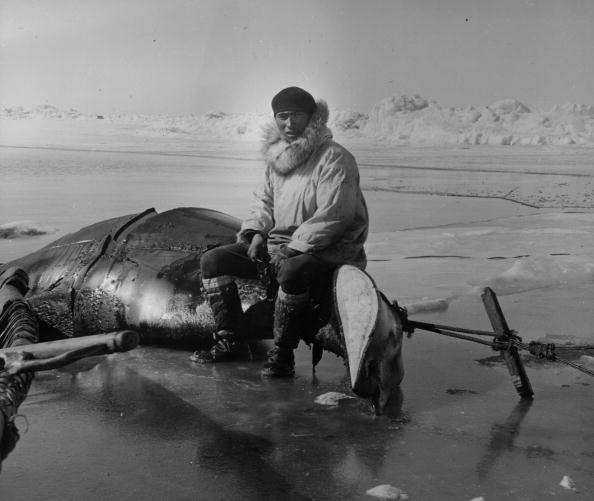Whales Found Dead in Alaska in “Unusual Mortality Event”
The number of large whale strandings is nearly three times the historical average for the region, which is 8, according to the National Oceanic and Atmospheric Administration (NOAA).
The agency plans to work with colleagues in Canada, where six large whales have been reported dead off the coast of British Columbia since May – five of those this month.
The federal government released an announcement on Thursday, August 20, that they have already began to investigate about the mysterious deaths of whales in Alaska that was first observed since May this year.
Unusual mortality events involve an increase in the number or tempo of marine mammal deaths or deaths involving vulnerable species or other conditions suggesting something unusual is causing the deaths. For whales that have been washed to shore, getting samples has been made risky because of the bears feeding on them, NOAA said.
The NOAA said the 30 washed up whales included 11 fin whales, 14 humpback whales, one gray whale, and four “unidentified cetaceans”. Algal blooms may be producing biotoxins in the western Gulf of Alaska and along the contiguous west coast of the United States, Teri Rowles, NOAA Fisheries’ marine mammal health and stranding response coordinator, said.
The problem might not be relegated to the coast of Alaska, either.
She goes on to say, “While we do not yet know the cause of these strandings, our investigations will give us important information on the health of whales and the ecosystems where they live”, citing a call to action from the public to report any dead or diseased animals. “They appear to have all died around the same time”.
“Our leading theory at this point is that the harmful algal bloom has contributed to the deaths”, Julie Speegle, a NOAA spokesperson, told the Guardian. Officials were only able to do full necropsies on two of those animals.
Earlier this year, marine mammal specialist Kate Wynne said that the death of 9 fin whales in Alaska were the most puzzling event, because the carcasses found in relatively small area in Kodiak Island.
Numerous carcasses discovered during this unusual mortality event have been too decomposed or located in inaccessible areas too risky for human investigators to traverse.
“The public should not touch stranded or floating whales”.








